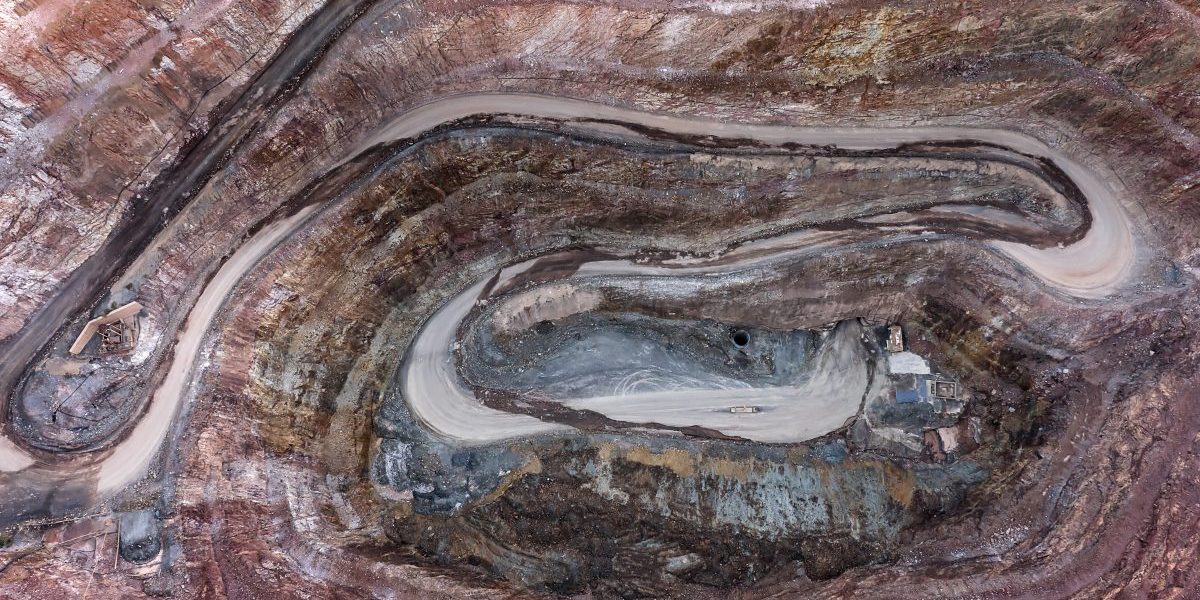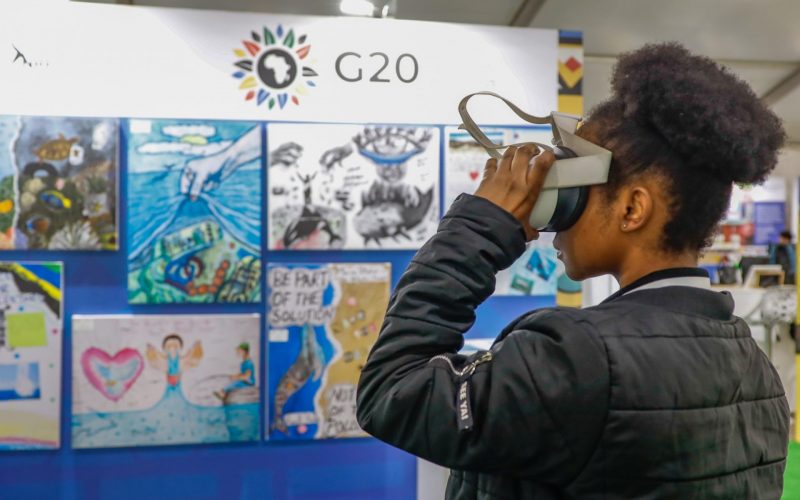Summary:
- The growing global demand for critical minerals provides a window of opportunity for African countries to leverage their mineral resources to both develop and decarbonise their economies. However, if the developmental benefits are to be realised, African countries will have to work with stakeholders to ensure that responsible and sustainable governance practices are implemented across different stages of the supply chain.
- In the absence of serious critical mineral supply chain reform, there is a real danger that the global energy transition will occur at the expense of citizens and the environment in mineral-rich African countries.
- Addressing the governance risks associated with mineral supply chains is essential to developing responsible supply chains that will allow African countries to develop their economies.
- All stakeholders must partner to foster harmonisation across existing governance initiatives, conduct more in-depth research into the risks posed by critical mineral supply chains and capacitate the actors tasked with governing these risks.
- National governments should incorporate safeguards into national strategies for the development of the critical minerals sector and to support the reforms necessary to improve the oversight capacity of departments tasked with natural resource management.
- Mining and other private sector companies must actively engage in multi-stakeholder initiatives and regularly update corporate policies to reflect the latest international best practice in supply chain due diligence.
- Civil society has a crucial role to play in mapping and monitoring critical mineral supply chains and equipping local communities with the tools necessary to engage in meaningful consultation with the mining sector.








